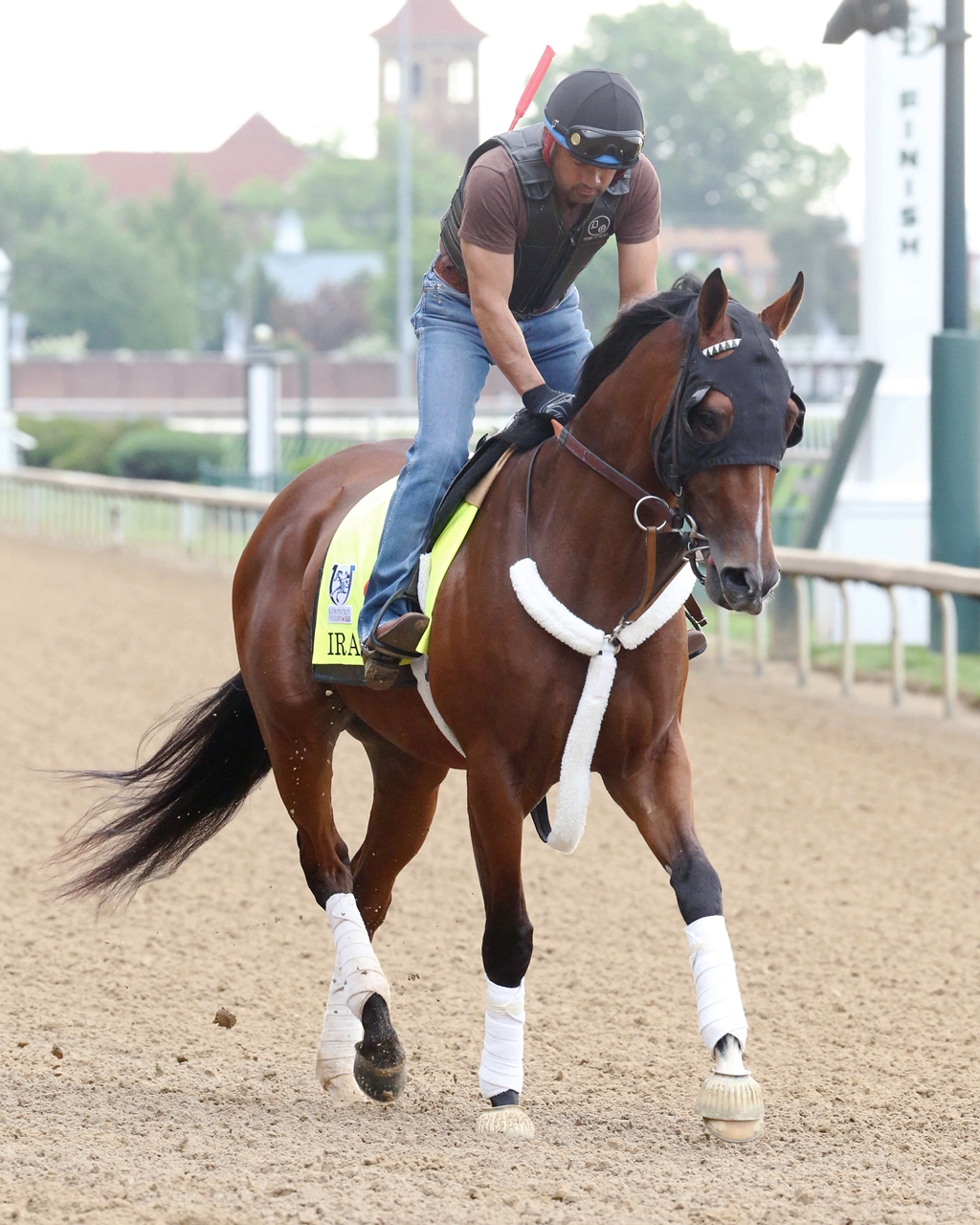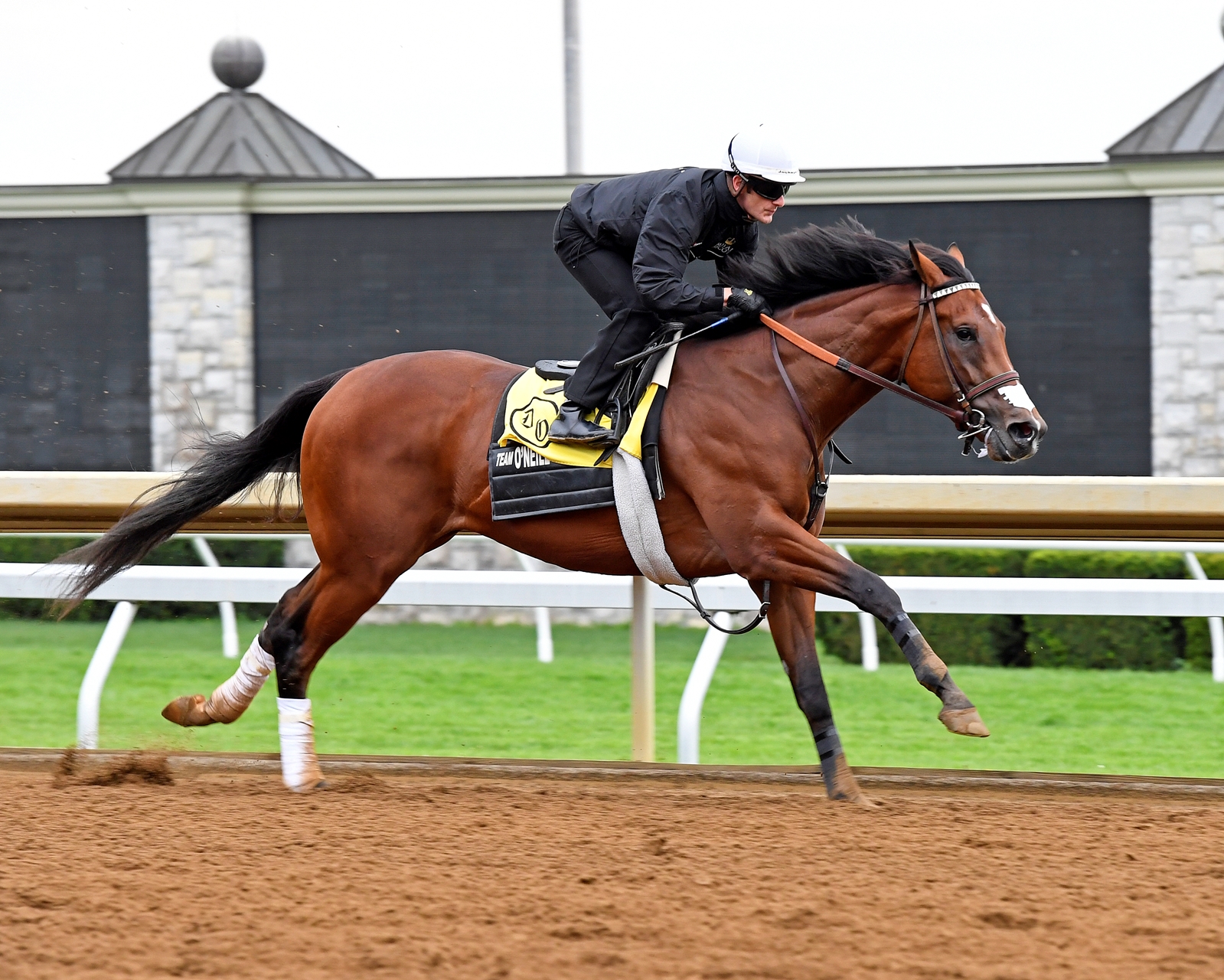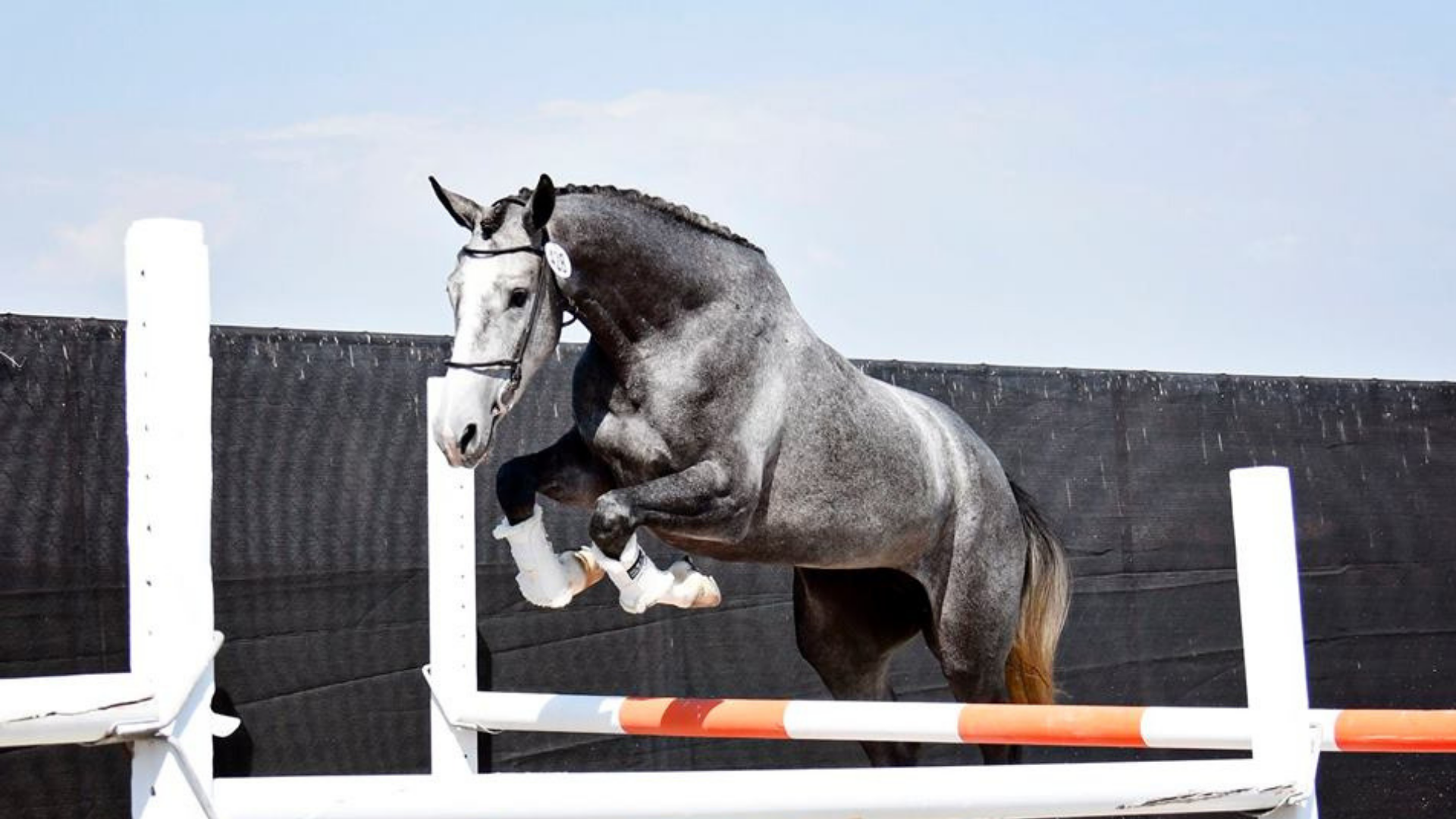
PRP stimulates the production of chondrocytes which are the cells that produce these crucial substances. Cartilage is made of water, proteoglycans and collagen. Cartilage is the mainstructural support tissue of the joint and allows joint motion to occur without resulting friction. PRP is able to improve joint health by stimulating the production of new healthy cartilage. PRP has been used broadly for soft tissue injuries in horses (tendons,ligaments, meniscus, etc) with good research and success of increasing thequality of healing in these structures.
#Irapp horse series#
The outcome is getting the same or better result from one single injection versus the traditional series of three injections of the original IRAP product previously used. These fresh cells are more active in the joint after just one injection giving more long term therapeutic effects on the joint. One major benefit of Pro-stride versus IRAP is the ability to render fresh, fully intact cells. IRAP is able to directly battle this cascade of inflammation by processing an IL1-receptor antagonist which prevents the IL-1 inflammatory protein (which causes the damage to the joint) from binding with tissue in the joint. On the cellular level when a joint is inflamed/injured/arthritic a cascade releasing inflammatory proteins is released (primarily IL-1) which causes cartilage degradation. IRAP has been shown to improve clinical signs of arthritis in various studies in horses and is used in humans with rheumatoid arthritis. Simply put, Pro-stride is what would occur if PRP (platelet rich plasma) and IRAP (Interleukin Receptor Antagonist Protein) had a child that got each parents’ “good traits”. As with any new therapy there is always room for more to be known but the research and cases so far indicate this as a good treatment option of our horses. Pro-stride’s name brand is used here in reference to this product to avoid confusion as not all APS products are created equal. Pro-Stride is such a product, accompanied by studies to demonstrate its effectiveness. Because of this, other regenerative therapies are constantly being investigated to offer a more complete therapeutic option for your horse’s joints to prolong their athletic career and comfort. It decreases ongoing cartilage damage but does not repair the cells to make new healthy cartilage, for example. By treating inflammation, we help to decrease this process but it does little to reverse any damage that has already occurred to the joint. When inflammatory cells are present in the joint not only does this cause swelling and resulting pain but also causes damage to the synovium (lining of the joint) and the cartilage of the joint. Quieting the inflammation by the reduction of the inflammatory cells or mediators decreases damage to the joint. This is an effective and often very necessary treatment for lots of causes of lameness in thehorse.

Commonly this is treated through “joint injections” which typically refers to a steroid being administered into the joint to quiet down inflammation and therefore reduce pain. Joint inflammation and arthritis are very common in horses, especially performance horses.

In particular, equine athletes with chronic joint inflammation or younger horses who may be better managed with aregenerative (healing) treatment verses repetitive anti-inflammatory treatment with steroids. Pro-stride, which is a particular Autologous Protein Solution (APS), offers a new therapy for joint health in our horses. Dr.Neist processing a Prostride sample on the farm When he entered the gate for the April 8 Toyota Blue Grass Stakes (G2) at Keeneland, he was dismissed at odds of 31-1-then proceeded to shock even his connections when he broke his maiden by three-quarters of a length over a field that included multiple grade 1 winner Practical Joke and eventual Belmont Stakes Presented by NYRA Bets (G1) winner Tapwrit.

Switched to dirt two starts later, Irap lost his first seven starts but did run second to well-regarded Mastery in last December's Los Alamitos CashCall Futurity (G1). After being purchased by Dennis O'Neill for $300,000 at the 2016 Ocala Breeders' Sales March 2-year-olds in training auction, he made his debut at Santa Anita Park in October of 2016, finishing third going 6 1/2 furlongs on the downhill turf course. Success would take a bit more time to find its way to Irap. She ended up living for a while before she passed months later. "That mare of course was very special to us she did a lot for us. "He was all class he was just a nice horse," recalled Frank Taylor of Taylor Made Farm.


 0 kommentar(er)
0 kommentar(er)
